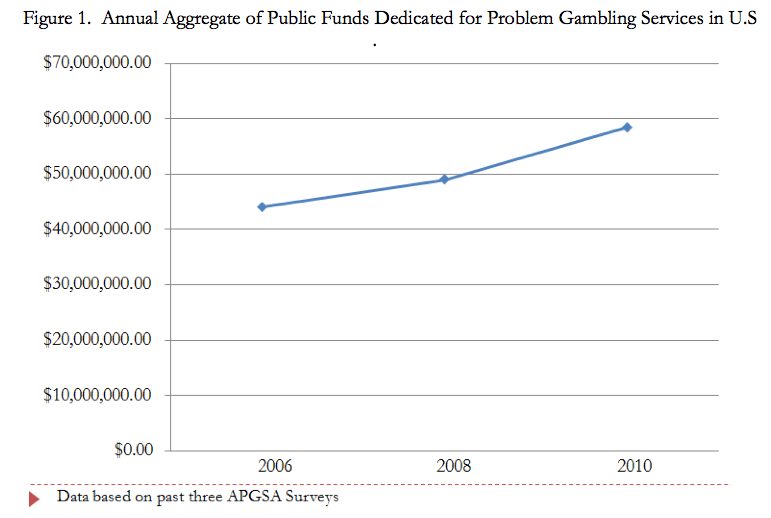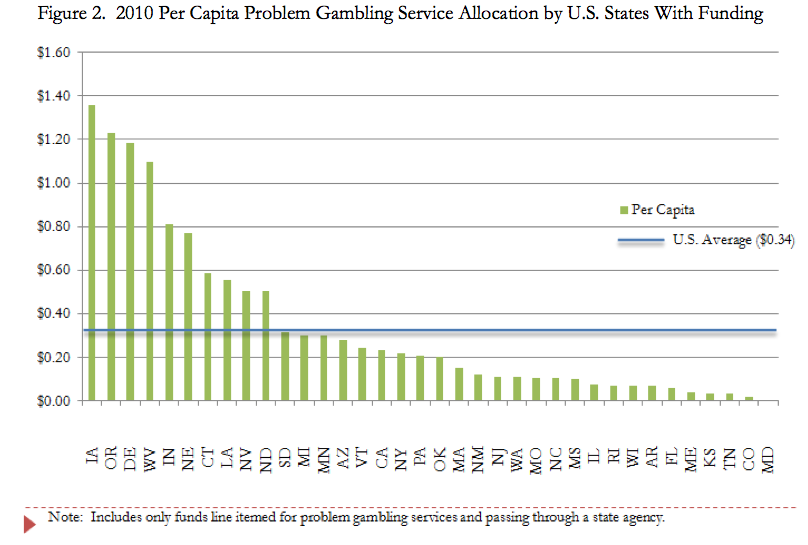Hartford, Sunday 11/23/14
Shortly following his win for a 2nd term as Connecticut’s governor, Dan Malloy announced emergency budget cuts which, as reported by the CT Mirror, fall on social services and education. These cuts may be a shock to the governor’s supporters who followed an optimistic narrative during the campaign on the state of the state’s fiscal health and his stated commitments to stand behind education and social services.
As inevitable as cuts are to address the state’s ailing balance sheet, so will be the race to grab more positive cash flow for the state’s general fund. One notable approach is to expand the Mohegan tribe’s gambling operations somewhere along the northern part of the I-91 corridor. Representative Peggy Sayers (D) is one member of the General Assembly who likes this approach. As quoted in the Courant, Sayer stated, “We are living in new and different times, with increased competition in every surrounding state, and we need to support and protect the jobs in our state.”
Although the General Assembly already endorses and promotes state wide gambling via the numerous lottery games, Mitchell Grossinger Etess, CEO of the Mohegan Tribal Gaming Authority stated in the Courant, “From the business side, I can certainly visualize a legislative solution that would permit some sort of expanded gaming…”
Questions arise on whether or not the state can force a local community to accept gambling, or if even an approval is required for any community that wishes to open gambling since, as stated earlier, the state presently endorses and promotes state-wide gambling.
In addition, casino revenue has been falling. In 2013, state lottery collections exceeded money collected from slots machines.
 Missing from Rep. Sayers’ statements are the very real costs of gambling for state tax payers in the form of problem gambling services. Figure 1*. illustrates a national rise in these expenditures, “which must be included in any revenue equation”, responds the former representative candidate for the 59th district, Rob Kwasnicki. “You cannot ignore the associated costs if an honest and objective evaluation of this approach is the goal.” Figure 2 shows the 2010 Per Capita Problem Gambling Service Allocation by US States with Funding*
Missing from Rep. Sayers’ statements are the very real costs of gambling for state tax payers in the form of problem gambling services. Figure 1*. illustrates a national rise in these expenditures, “which must be included in any revenue equation”, responds the former representative candidate for the 59th district, Rob Kwasnicki. “You cannot ignore the associated costs if an honest and objective evaluation of this approach is the goal.” Figure 2 shows the 2010 Per Capita Problem Gambling Service Allocation by US States with Funding*
Mr. Kwasnicki urges community and state leaders to consider the following:
- The General Assembly needs to focus on planning for reduced spending vs increasing revenue
- Gambling is expanding throughout the northeast. There will be more competition and Connecticut’s share will decline, regardless of how many outlets are open in the state.
- The state already engages, endorses and promotes gambling with various lottery games. Perhaps instead of a top-down demand approach, we allow individual communities to decide on whether or not gambling is right for them.
- Gambling has a cost: Addiction services and infrastructure (traffic/parking).
- Is gambling addiction services and treatments covered by the ACA (Obamacare)?
- How many tax dollars are planned for allocation to support additional gambling addiction facilities, services and public service announcements?
With or without expanded gambling, the state apparently faces much worse financial challenges from what we heard during the elections. How far will Governor Malloy go to properly address the imbalance and whether he will shield his ardent political support groups from impending sacrifices is left to be seen. Gambling as a major tool in repairing our balance sheets seems to be a bit of a gamble.
* Figures courtesy of APGSA.org (www.apgsa.org/national_overview_docs/2010%20APGSA%20Survey%20Report.pdf